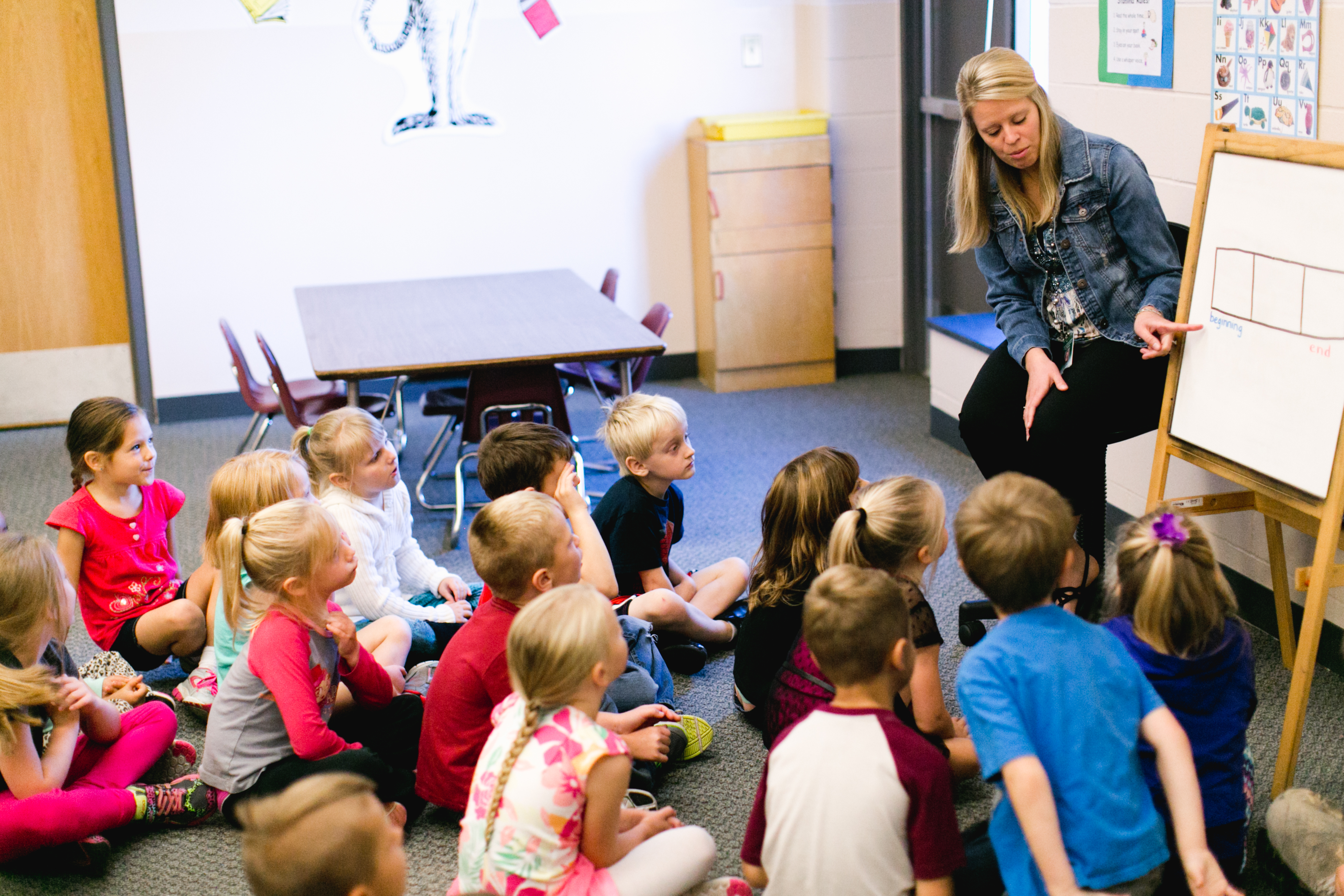The Minnesota Professional Educator Licensing & Standards Board (PELSB) met Wednesday to begin proposing rule revisions for teacher licensure to send back to Administrative Law Judge (ALJ) Barbara Case on the 11 defects cited in the judge’s recent report.
The Board will meet again on Aug. 30 at 7 pm to continue its work. Once the completed revisions have been sent and approved by Judge Case, all the rules should become official about a month later.
PELSB is somewhat in a Goldilocks scenario right now. Should Judge Case find that the board has not done enough, she may send one or more of the revisions back to the board as unclear and ambiguous, which was her primary finding for these eleven defects. But should the board do too much, then she could rule that one or more are a substantial change and order a 30 day comment period.
New Definitions
This week the board approved the following definitions:
- “Good Cause” when districts seek additional Tier 1 renewals
- “Professional License from another state”
- “Board adopted criteria for a mentorship program” which districts must provide Tier 1 teachers. (See details below)
Next Steps
The board on August 30 will address the following topics:
- Definition of Acceptable
The board will develop a definition of “acceptable” used in this sentence from statute providing PELSB the ability to approve a district’s application for a Tier 1 teacher license: “the district or charter school has posted the teacher position but was unable to hire an acceptable teacher with a Tier 2, 3, or 4 license for the position.” It is actually grounds that would cause a Tier 2, 3 or 4 teacher to be unacceptable. The ALJ is emphatic that she wants clear, unambiguous state-wide standards. - Criteria for Hiring Tier 2 Speech Language Pathologists
The board will establish the criteria that would allow districts and cooperatives to hire Tier 2 Speech Language Pathologists with less than a Masters degree. PELSB can choose not to have such criteria, but should they allow Tier 2 licenses, the issuance cannot be determined on a “case-by-case basis” as proposed by PELSB. Again Judge Case wants clear, statewide criteria.
Mentorship Criteria
PELSB adopted the following criteria for the “mentorship program.
1.) A year-long collaborative relationship with an experienced Tier 3 or 4 mentor teacher who is not currently on an improvement plan and voluntarily agrees to mentor a Tier 1 teacher,
2.) The mentor has access to resources or training, develops common expectations for the mentorship experience, and encourages the mentee to select an area for growth over the course of the year,
3.) Consists of sessions of less than once per month that focus on building a collaborative relationship with a focus of exchange of knowledge, skills and experiences including the needs and questions of the Tier 1 teachers,
4.) The sessions include discussions of:
- Effective strategies to engage students
- Classroom management strategies that reflect an understanding of stages of child development
- The educational rights of students and their diverse needs and experiences
- School policies and practices, including appropriate boundaries and data privacy
- How student learning data can be used to improve classroom planning and instruction.
MREA Executive Director Fred Nolan participated in a stakeholder meeting to develop these criteria and is generally supportive of this list as being short and achievable for all MREA districts.
Take note:
- This does not prevent nor require districts to compensate mentors.
- There is no direction on whether these collaborative relationships are confidential to the mentor and mentee or whether the mentor can be asked to report to an administrator the nature of the conversations. Fred recommends that districts make that determination prior to launching a mentor program for Tier 1 teachers and from his experience having them be confidential makes them more effective.
- The ALJ was very clear, if districts do not have any Tier 1 teachers, they do not need mentorship program as defined.
What is less clear is whether when a district has Tier 1 teachers and this program, whether these program requirements also apply to the mentoring requirement for Tiers 2, 3 and 4. PELSB maintains that they do not, as the phrase in the statute for those tiers does not reference “mentorship program.”
Rather it states: “The hiring district must affirm the applicant will participate in mentorship and evaluation aligned to the district’s teacher development and evaluation model under Minnesota Statutes, section 122A.40, subdivision 8, or 122A.41, subdivision 5, or if the statutory models are not practicable, to another identified district-aligned evaluation.”
Resources
Read the current version of the licensure rules
Read the ALJ Report
MREA is engaged on all these issues with PELSB and welcomes your input and questions on these matters. You can contact MREA Executive Director Fred Nolan at fred@mreavoice.org





